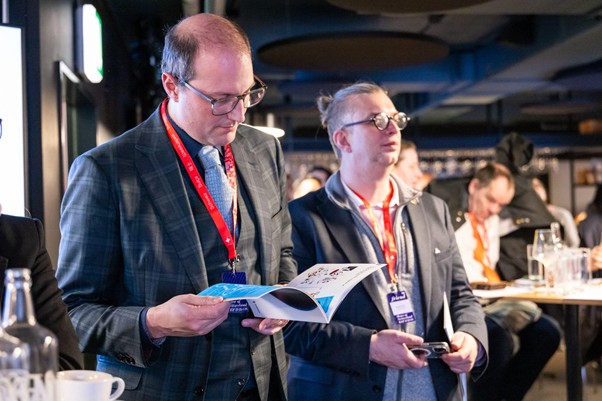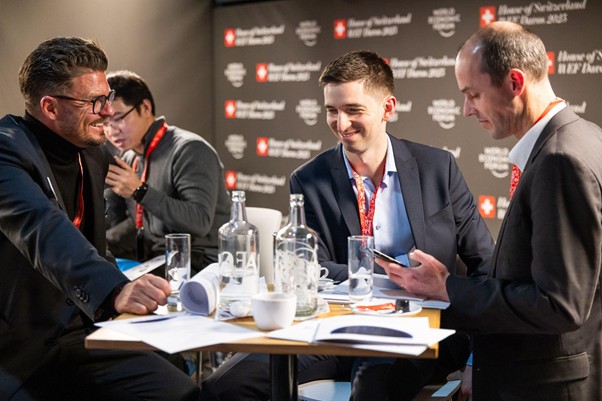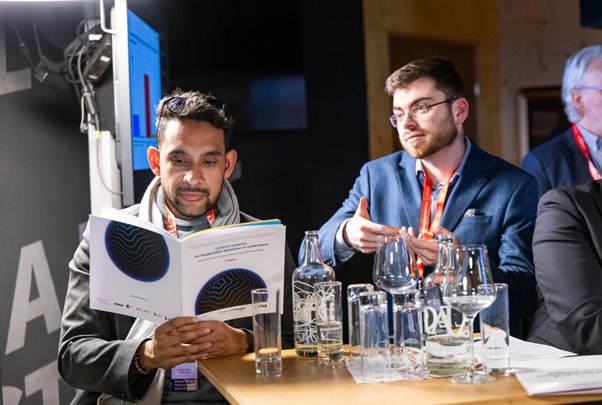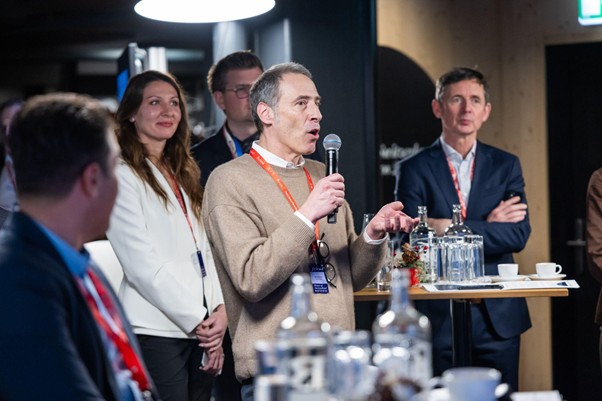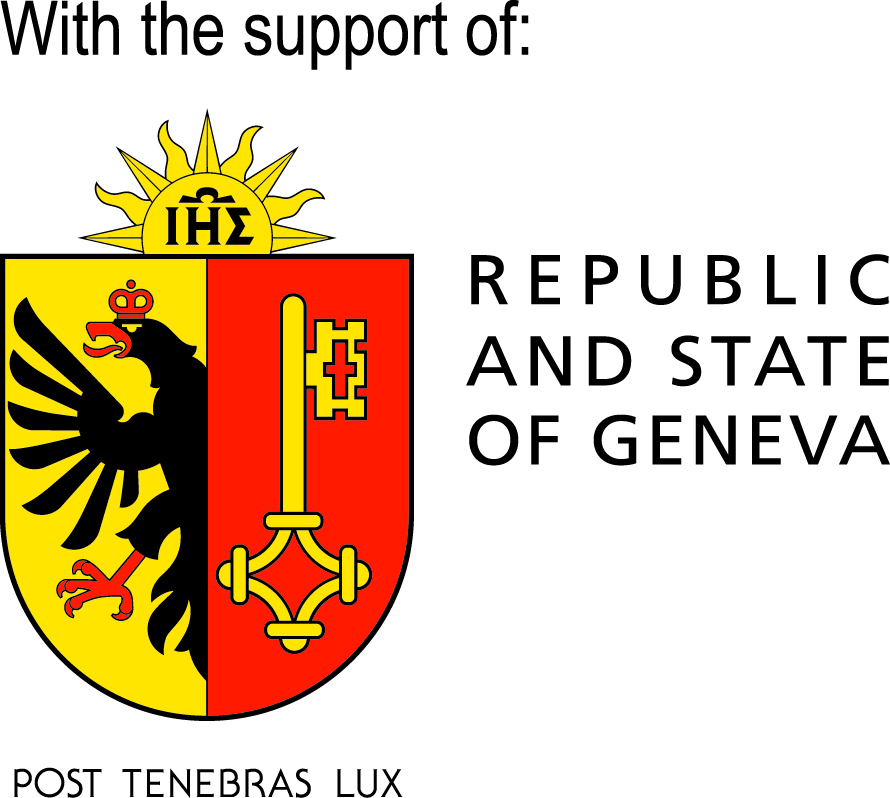On 21 January from 16:00 to 18:00 pm CET the Geneva Dialogue on Responsible Behaviour in Cyberspace hosted the session at the Geneva Day at the House of Switzerland in Davos. The session has been organised in an interactive format, including a scenario-based discussion, and explored the roles and responsibilities of non-state actors, such as the private sector, technical community, and civil society in implementing agreed cyber norms related to critical infrastructure protection.
The Geneva Dialogue on Responsible Behaviour in Cyberspace is an international process initiated by the Swiss Federal Department of Foreign Affairs (FDFA), and implemented by DiploFoundation with support of the Republic and State of Geneva, Center for Digital Trust (C4DT) – EPFL, Swisscom and UBS. The initiative maps roles and responsibilities of relevant actors for implementing the agreed cyber norms, contributing to cyber-stability and security.
Ambassador Alexandre Fasel, State Secretary of the Swiss Federal Department of Foreign Affairs (FDFA), opened the event by highlighting how the Geneva Dialogue unites people from diverse countries, organizations, and cultures—bringing together large corporations and open-source authors, medical supply companies and academia, and actors from across the globe.
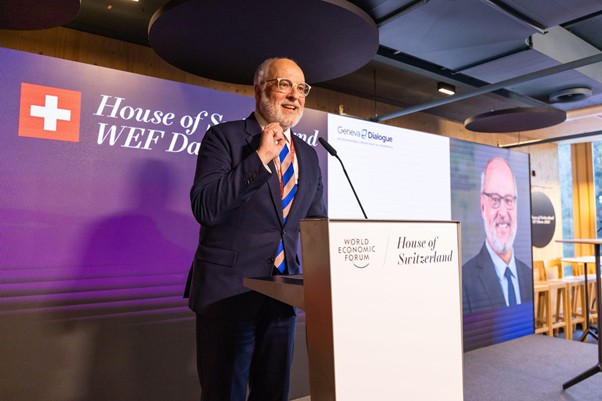
Maya Bundt, Chair of the Cyber Resilience Chapter at the Swiss Risk Association, and Serge Droz, Senior Technical Advisor at the Swiss Federal Department of Foreign Affairs (FDFA), introduced the topic of agreed cyber norms and the cyber-stability framework through a ‘Socratic dialogue.’ They challenged both the audience and each other with questions about the importance of these diplomatic agreements in today’s geopolitical environment.
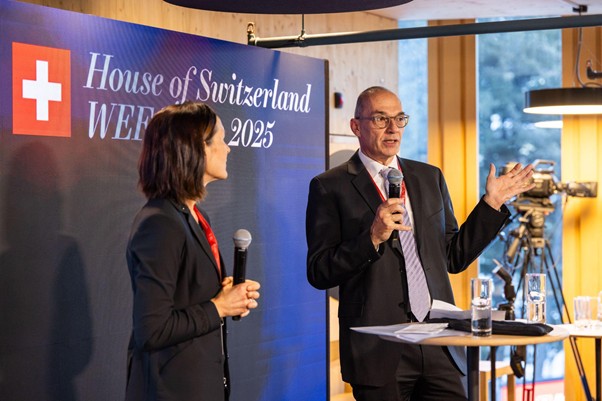
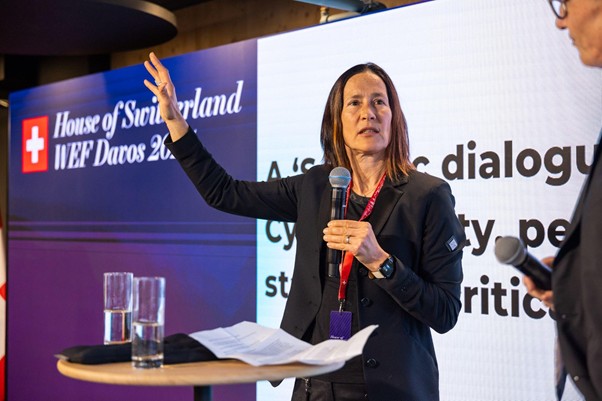
Sofia Martinez Gomez, Cybersecurity Consultant at AlixPartners, echoed this message by addressing the challenges that various actors face in securing ICT networks and critical infrastructure. She emphasized the importance of collaboration as a key element in mitigating ongoing cyber risks.
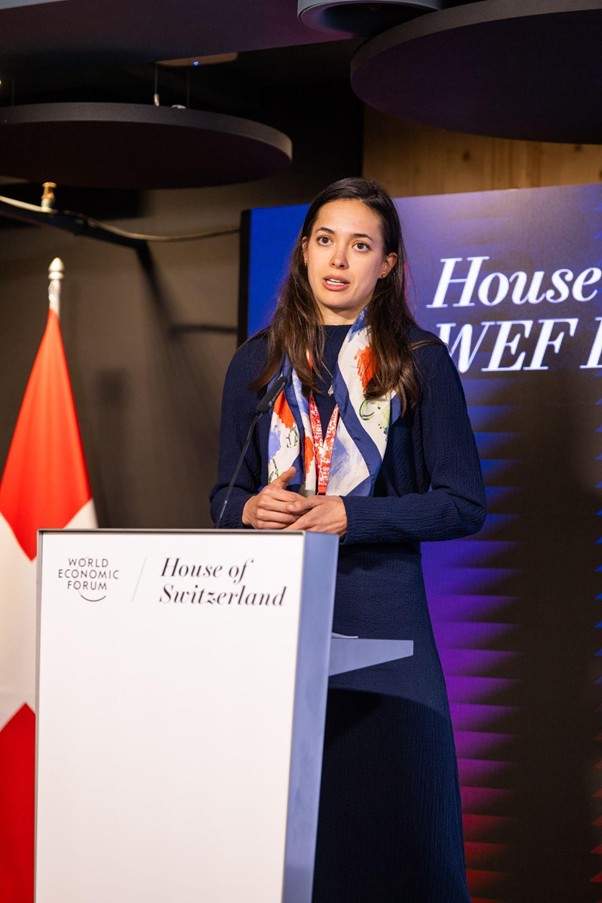
During a scenario-based discussion, participants were invited to reflect on priority steps for critical infrastructure (CI) operators and owners in responding to cybersecurity incidents.
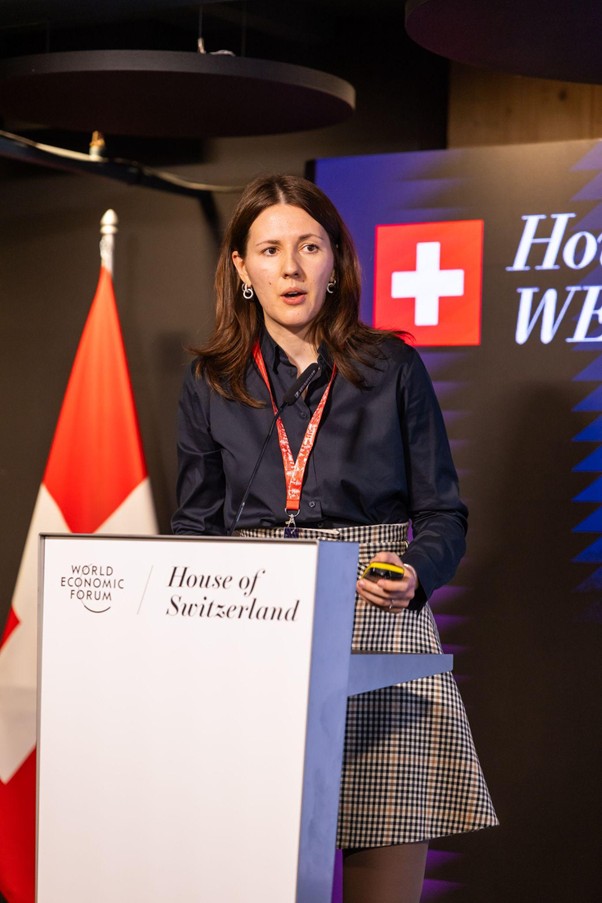
The group engaged in debates, sharing personal experiences that set the tone for the subsequent panel discussion, which featured four experts:
- Alina Matyukhina, CSO and Global Head of Cybersecurity for Business Unit, Siemens AG
- David Harland, Executive Director, Center for Humanitarian Dialogue (HD)
- Olivier Crochat, Executive Director, C4DT-EPFL
- Yoann Klein, Senior Cybersecurity Advisor, Huawei
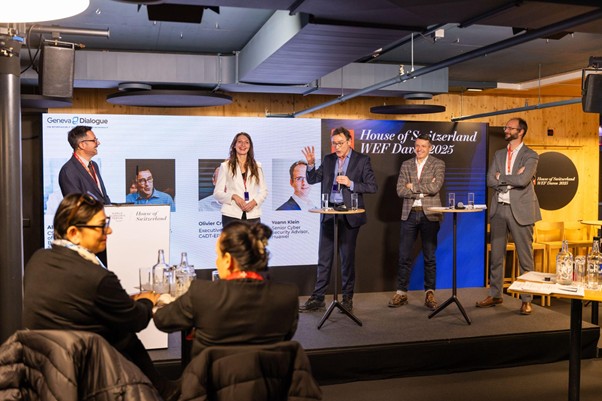
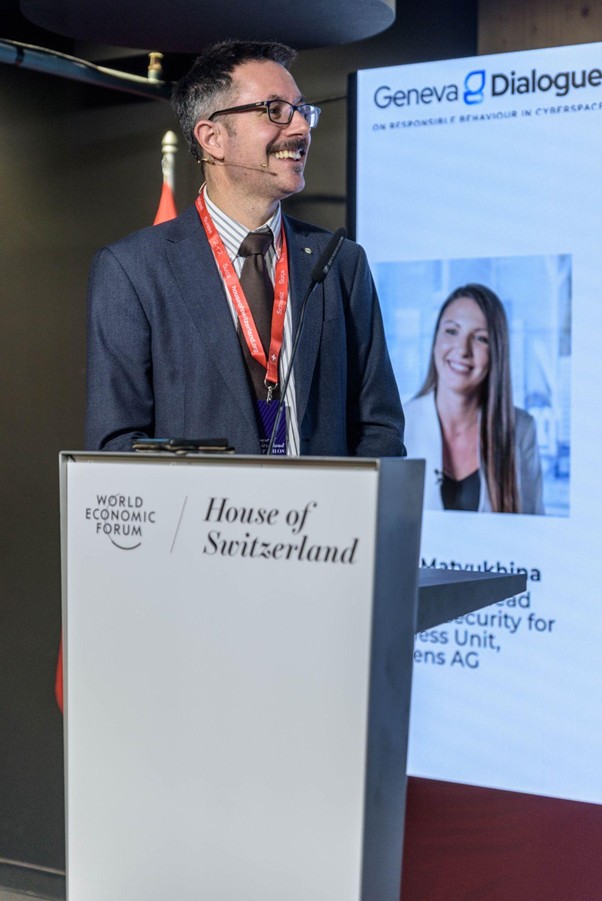
While the panelists expressed both pessimistic and optimistic views on the current global cybersecurity outlook, they unanimously agreed that the multistakeholder nature of cyberspace demands action from all stakeholders to secure the digital environment.
In his concluding remarks, Florian Schütz, Director of NCSC.ch, emphasized that the Geneva Dialogue continues to focus on clarifying and implementing agreed cyber norms from a non-state stakeholder perspective. He invited interested experts to join the ongoing discussions.
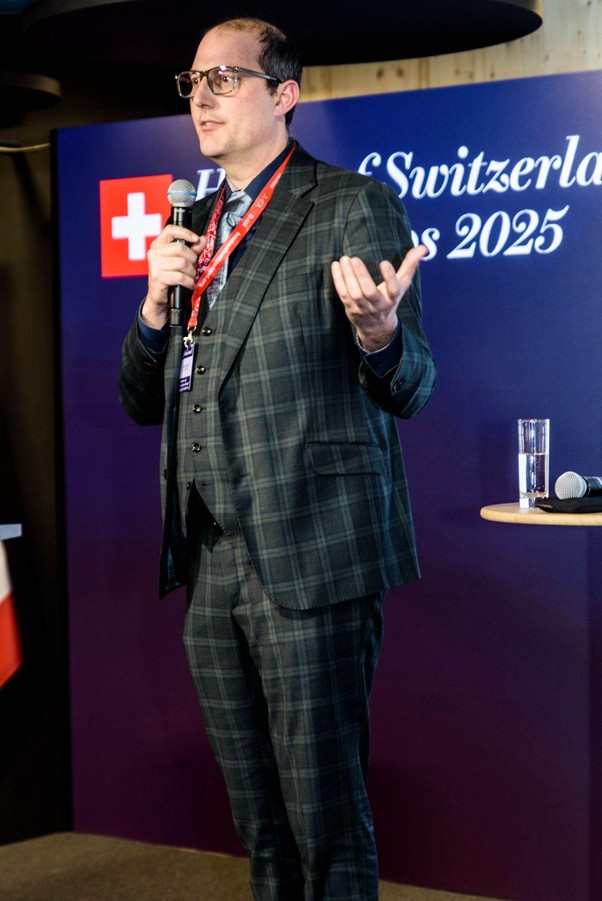
The outcomes of this session and Geneva Dialogue will be published in the second chapter of the Geneva Manual – a comprehensive guidance on non-state actors’ implementation of existing norms. The second chapter will focus on critical infrastructure protection related norms and confidence-building measures (CBMs).The first chapter, announced in 2023, focuses on the implementation of the norms related to supply chain security and responsible reporting of ICT vulnerabilities.
